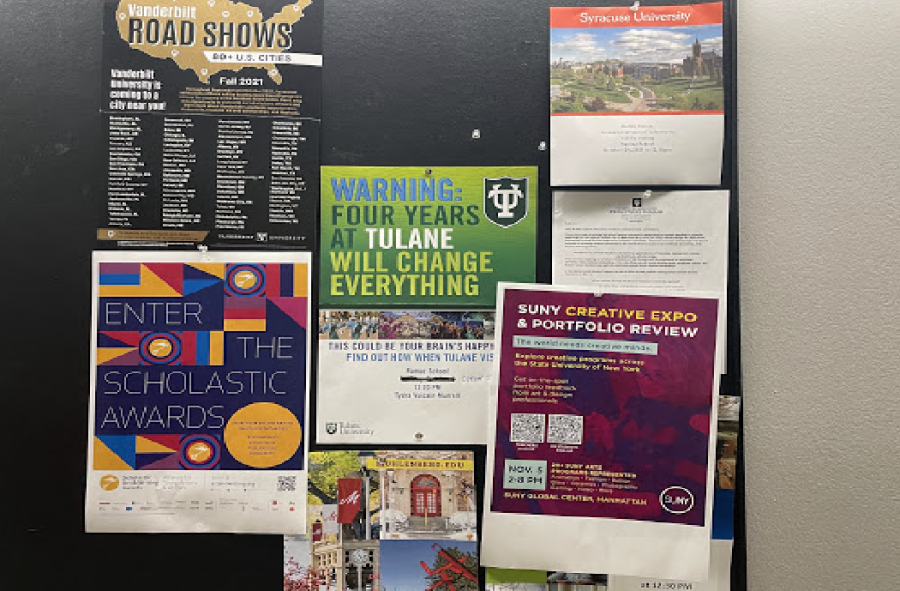Everything You Need To Know About the Junior College Advisory Process
The Ramaz College Office consists of four advisors: Ms. Dana Messinger, Ms. Abby Davis, Dr. Edith Honig, and Mr. Rafael Blumenthal. In the first semester of junior year, every junior is assigned a college advisor that will assist him or her until the end of the application process. The college advisors begin meeting with juniors in mid-November after Early Decision applications for seniors are due.
Some students and parents are concerned that Ramaz forces its students to start thinking about colleges too early. While other schools may start in the beginning of senior year, the Ramaz college curriculum ensures that students get a head start and are helping them figure out their Early Decision schools before starting senior year. According to some, Ramaz’s “early “early start” causes students to stress themselves out and feed into the stereotypically Ramaz student’s “college-obsessed mindset.” However, others argue that there are other factors at play; after all, getting a head-start on a task is usually a positive development.
Many Ramaz students are college-oriented from the start of ninth grade. Even at Club Fair, one can hear freshmen asking upperclassmen, “Does this look good on a college resume?” The idea that the college search begins earlier than other schools can be a heavy influence on lowerclassmen’s mindsets and may even be affecting their high school experiences.
Despite how certain students might feel about the college application experience, the college office still has a “curriculum” for every student to apply to different schools. Starting in early junior year, there is an “Israel College Night” with juniors and parents, which consists of a panel from representatives of different schools discussing Israel on campus. Later on is Junior College night, which is similar, but isn’t focused on Israel; rather, as suggested by its name, it is focused on the college experience as a whole. This panel answers basic questions about the college application process specific to their school.
After juniors are first introduced to the idea that their college process will be starting soon, students begin meeting with their college advisors independently. This way, advisors can begin getting a sense of who everyone is and start figuring out what type of school may be the best fit for them. College advisories, groups of students who share the same college advisor, meet together with their advisors to review the curriculum and discuss summer plans. In mid-to-late January, advisories meet together to discuss components of the applications and begin their college search process. At the end of February, juniors have a day off designated for visiting colleges. Then, there’s a series of workshops for juniors: Writing the Personal Statement, Starting the Common Application & Activity Section, Requesting Letters of Recommendation & Preparing for College Night, and Writing College Supplements. In April and May, there will be both an in-person College Night and a Virtual College Night. This will be followed by both a students mock committee and a parent’s mock committee.
Until after Spring Break, juniors are just learning the basics of the college process before being sprung into the actual application. This is different from other schools that practically introduce the idea of college to their students right as they should be starting their application process.
Interestingly, while Ramaz does its best to assist students in their college process as best they can and offers one-on-one sessions and advice from college advisors, many students still invest in outside help to ensure their chance into schools of their choice. They normally consult outside help for essays or help with activities, feeling like they can’t get that experience from Ramaz college advisors.



